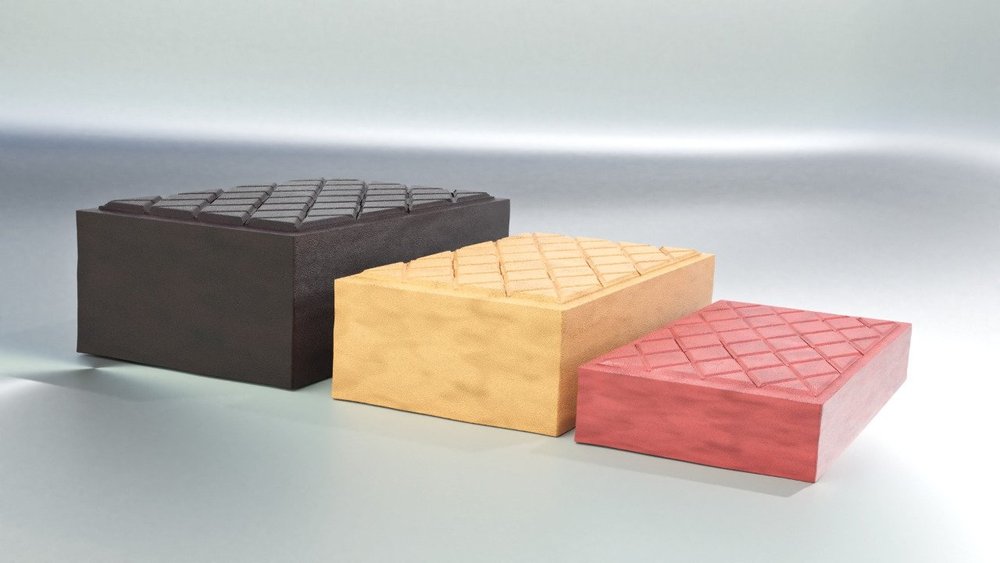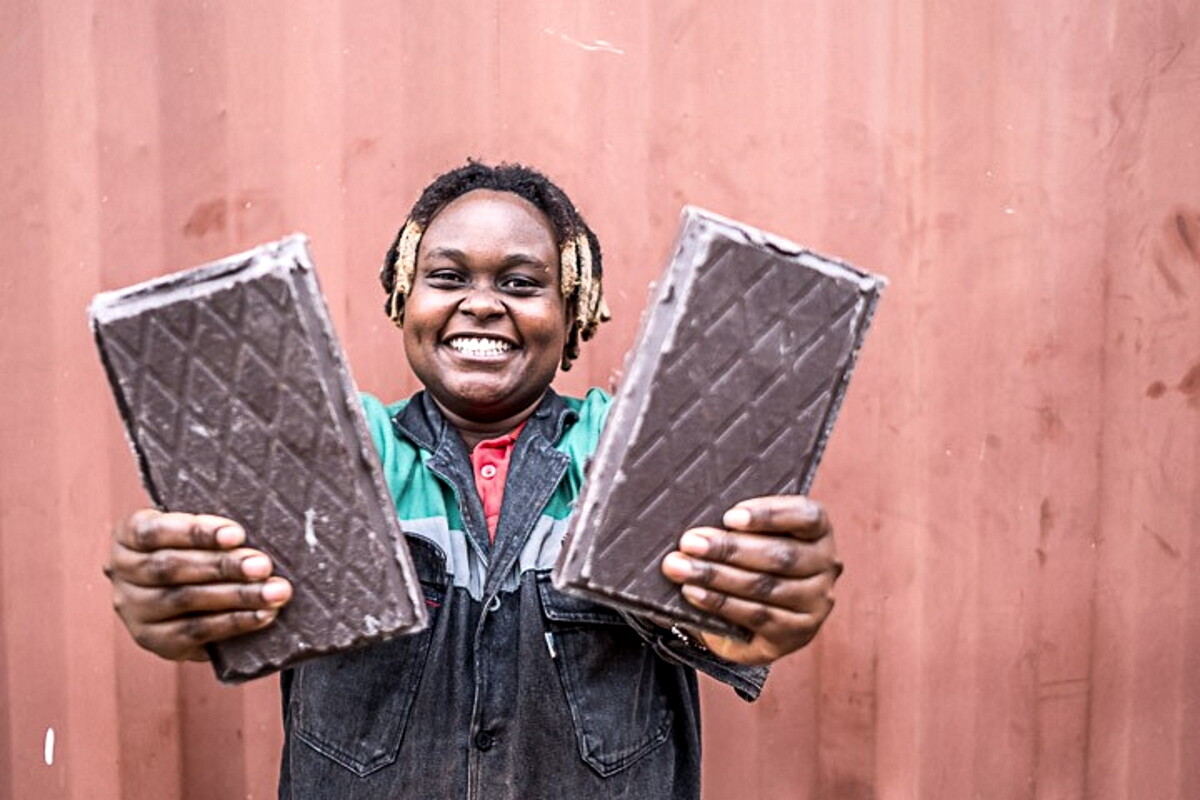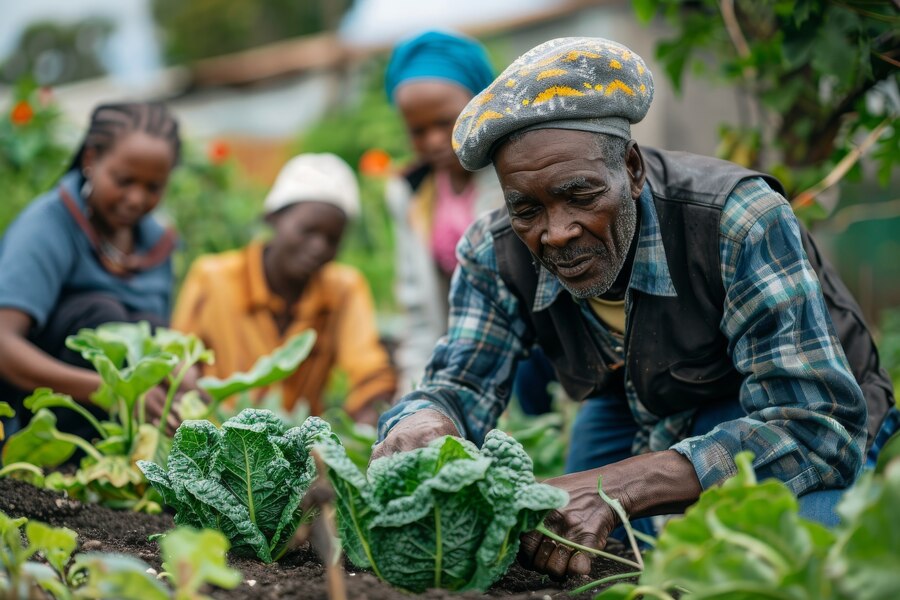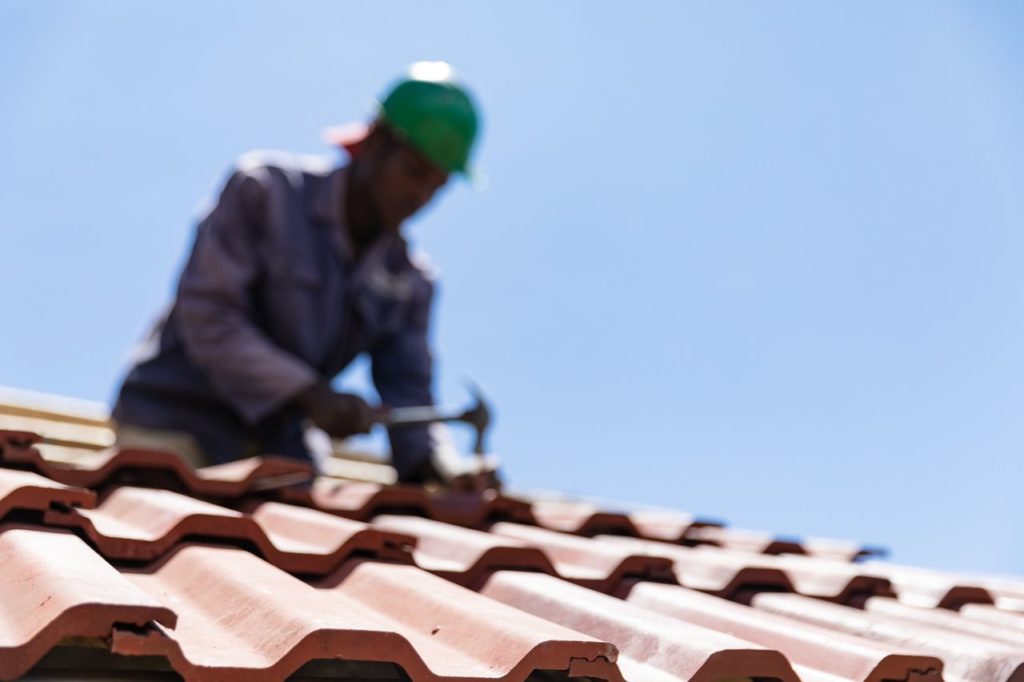Faced with the alarming increase in plastic waste, the search for sustainable solutions is becoming crucial to meeting environmental and social needs in Africa. With this in mind Gjenge Makersa Kenyan start-up, is making a name for itself by transforming plastic waste into strong, environmentally-friendly building materials. This innovation has a significant impact on local infrastructure, job creation and access to affordable housing. In this way, it contributes to the achievement of several Sustainable Development Goals (SDGs).
Sustainable materials for resilient infrastructure: the promise of Gjenge Makers
One of the main challenges facing Kenyan communities is improving their infrastructure. The paving bricks produced by Gjenge Makers are five to seven times stronger than traditional concrete bricks. Thanks to a process that mixes sand and recycled plastic waste, innovative companies manufactures bricks that can withstand harsh climatic conditions, while being more economical and environmentally friendly.

These bricks are particularly well suited to the construction of local infrastructure such as roads, pavements and public spaces. The use of these materials not only contributes to the reduction of plastic waste, but also to the achievement of MDG 9 (Industry, Innovation and Infrastructure) by promoting innovative solutions for sustainable construction. In addition, by reducing the environmental impact of infrastructure, Gjenge Makers is also contributing to SDG 12 (Responsible Consumption and Production).
Read also: Eco Blocks & Tiles: a green revolution in Kenyan construction - Fanaka.co
Creating jobs and strengthening local skills
As well as improving local infrastructure, Gjenge Makers plays a key role in job creation in Kenya. The start-up recruits workers to collect, sort and transform plastic waste, generating employment opportunities for young people and marginalised communities. These activities contribute directly to reducing unemployment and developing technical skills among the population, in line with MDG 8 (Decent Work and Economic Growth).
This local economic dynamic enables many workers to acquire valuable skills, while opening up career prospects in the green construction sector. This is a sustainable solution to the problem of unemployment.
Economic accessibility and social equity

One of the main advantages of the Kenyan start-up's approach is that it democratises access to quality infrastructure. By using recycled materials, it reduces construction costs and makes its bricks accessible to low-income communities.
This initiative, which is in line with MDG 11 (Sustainable Cities and Communities), will enable these communities to benefit from sustainable housing and infrastructure to ensure greater social equity.
Through its actions, Gjenge Makers is helping to build a more sustainable future for Kenyan communities, while setting an inspiring example for businesses across the African continent. By rethinking waste as a precious resource, the company is showing that it is possible to build a more resilient and equitable world, one paving stone at a time.




